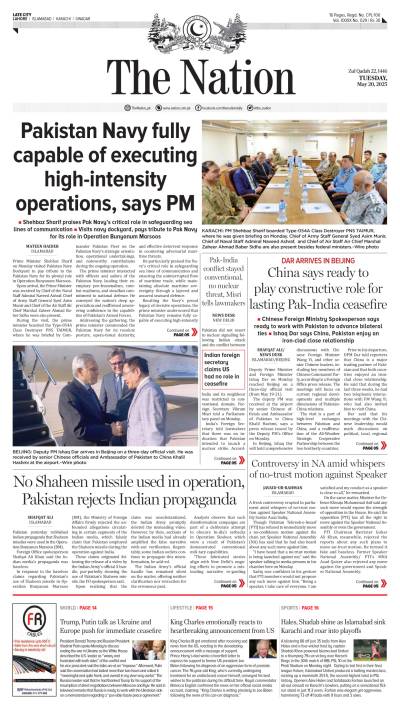Balochistan is the largest province in Pakistan, occupying almost 43 per cent of the country's land area. It consists of 5 per cent of the country's population. The population is scattered in 22,000 settlements spread over the terrain, 80 per cent of whom are scattered in small villages. These villages remained largely untouched by the advances of the modern age, and were largely ignored by the central authorities. Very few resources have been made available to these rural areas with the unfortunate result that education for all is extremely underfunded. Education is the only tool which can ensure the progress, prosperity and development of a nation.
The status of education in Balochistan has been in dismal state for many years owing to militancy and instability in the region, coupled with low budgetary allocations, teachers absenteeism, lack of school infrastructure and facilities. Studies show that 70 per cent of the people in Balochistan are in the midst of poverty and cannot afford to send their children to Quetta for quality education. It is not surprising that only 56 per cent of 6-10 year olds and less than half of 11‑15 year olds are enrolled in school, in the province. Children often do not attend school because they are working to support their families for their survival.
The status of female education in rural Balochistan presents a depressing picture. The literacy rate among rural women in Balochistan is bleaker. It is estimated that less than 2 per cent of rural female in Balochistan are literate. In our society coeducation is not accepted even in primary schools. Family and parents don't allow their girls to study in coeducation schools due to several reasons. The government often failed to take measures to provide separate school and classrooms for girls.
The governments have announced different plans and policies to promote literacy, especially among women, as well as various programs to achieve educational objectives but they have been unable to translate their words into action because of various social, cultural, economic and political obstacles on the point of local community and lack of interest in the point of provincial government for the uplift of the general masses.
The writer is a student of BS Media Sciences at International Islamic University
Tuesday, May 20, 2025
Balochistan education in dismal state
Pakistan, India DGMOs agree on gradual troop pullback by May 30
2:59 PM | May 20, 2025
Govt declares public holiday on May 28 to mark Youm-e-Takbeer
2:40 PM | May 20, 2025
Pakistan plans to secure $4.9bn in commercial loans for FY2025-26
2:33 PM | May 20, 2025
US cancels another $60M in grants to Harvard University
1:14 PM | May 20, 2025
Excavation resumes at Mohenjo Daro after 18 years, UNESCO leads effort
1:12 PM | May 20, 2025
-
Lahore emerges among safest global cities in Numbeo 2025 index
-
Lahore emerges among safest global cities in Numbeo 2025 index
-
India’s suspension of Indus Water Treaty legally baseless
-
Seventh polio case reported in Pakistan amid nationwide vaccination drive
-
Pakistan reports sixth polio case of 2025
-
PTA begins issuing VPN licences to regulate usage
The Wider War
May 20, 2025
Margalla on Fire
May 20, 2025
Defeated and Depressed
May 20, 2025
Regional Reset
May 19, 2025
Peak Potential
May 19, 2025
Worse than Anarchy
May 20, 2025
Salute to our Air Force
May 20, 2025
An Unbreakable Wall
May 20, 2025
Profiteering Milk
May 20, 2025
Rewriting the Rules
May 20, 2025
ePaper - Nawaiwaqt
Nawaiwaqt Group | Copyright © 2025





